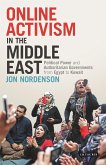
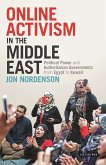
Broschiertes Buch
Kuwait, the internet, and the public sphere
1. Oktober 2010
LAP Lambert Academic Publishing
Ähnliche Artikel
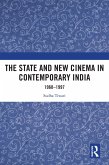
eBook, PDF
11. September 2023
Taylor & Francis eBooks

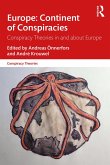

28,95 €
Sofort per Download lieferbar
eBook, PDF
31. Oktober 2019
Bloomsbury UK eBooks
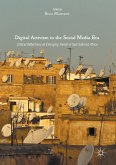
eBook, PDF
12. Dezember 2016
Springer International Publishing
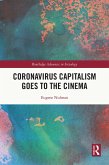
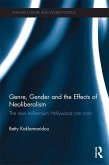
eBook, PDF
5. März 2013
Taylor & Francis eBooks
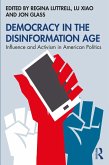

23,95 €
Sofort per Download lieferbar

eBook, PDF
20. Dezember 2021
Taylor & Francis eBooks
Ähnlichkeitssuche: Fact®Finder von OMIKRON
